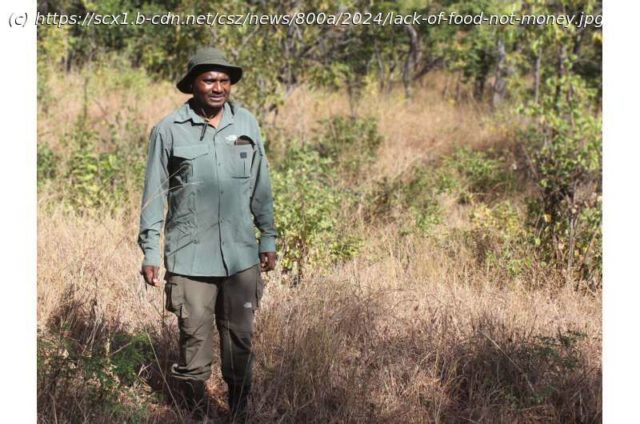National parks in East Africa protect endangered wildlife but sometimes do not support local human populations, according to Edwin Sabuhoro, assistant professor of recreation, park, and tourism management at Penn State. New research by Sabuhoro and two Penn State doctoral students from East Africa has demonstrated that poverty and lack of adequate food supply drive most of the poaching and other illegal activities in one such park.
National parks in East Africa protect endangered wildlife but sometimes do not support local human populations, according to Edwin Sabuhoro, assistant professor of recreation, park, and tourism management at Penn State. New research by Sabuhoro and two Penn State doctoral students from East Africa has demonstrated that poverty and lack of adequate food supply drive most of the poaching and other illegal activities in one such park.
The researchers, led by Gasto Lyakurwa, a doctoral student in recreation, park, and tourism management at Penn State, surveyed 267 household heads in eight villages that border Mkomazi National Park in northern Tanzania. The survey focused on their use of park land and their family’s food security, financial security and educational security to understand which factors led to illegal park use. The team’s results were published in Conservation.
Mkomazi National Park comprises more than 1,250 square miles of protected habitat for rare and endangered wildlife including elephants, lions, buffalo and rhinoceroses. The park, created in 1951, displaced large numbers of people from the park land into surrounding regions two times—once in the early 1950s and again in the late 1980s.
Since the foundation of the park—and other protected areas throughout East Africa—the researchers said park officials and rangers have viewed local people as a threat, rather than as a potential conservation partner.
“For countless generations, the people in this area relied on that land for meat, traditional medicines, firewood, fish and timber”, Lyakurwa said. “These resources were essential to the people’s livelihood, but suddenly, they were cut off from the land. Even though local people told us they feel connected to the wild animals, they also made it clear that they are not likely to respect park boundaries if they cannot feed themselves or their children.”
Tourism in the park—driven largely by visitors who want to see the large mammals—generates income that is managed by the national government, the researchers said.






